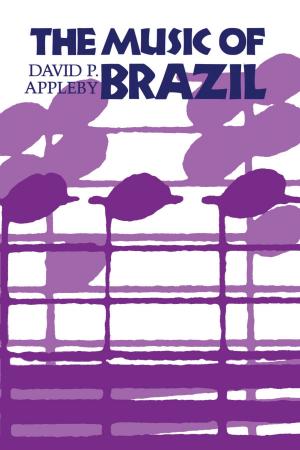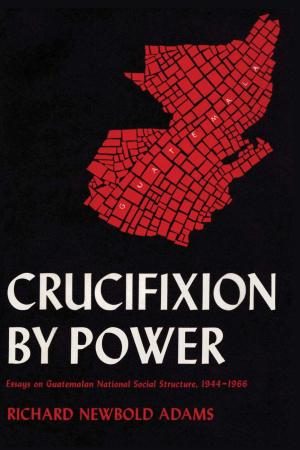The São Paulo Law School and the Anti-Vargas Resistance (1938-1945)
Nonfiction, History, Americas, South America| Author: | John W. F. Dulles | ISBN: | 9780292771697 |
| Publisher: | University of Texas Press | Publication: | July 3, 2014 |
| Imprint: | University of Texas Press | Language: | English |
| Author: | John W. F. Dulles |
| ISBN: | 9780292771697 |
| Publisher: | University of Texas Press |
| Publication: | July 3, 2014 |
| Imprint: | University of Texas Press |
| Language: | English |
The São Paulo Law School, the oldest institution of higher learning in Brazil, has long been the chief training center for that country’s leadership. For the members of the school’s secret Burschenschaft society, the training consisted principally in leading demonstrations for liberal causes, such as the abolition of slavery and the overthrow of the monarchy. During the Old Republic (1889–1930), the Brazilian presidency and other high posts in Rio de Janeiro were usually occupied by alumni of the powerful society, while its members in São Paulo continued to agitate for political reform. But in the 1920s, when they formed the Nationalist League and the Democratic Party, schisms resulted. Thus the Burschenschaft was weakened before the long rule of Brazil by Getúlio Vargas, starting in 1930, brought an end to the society’s influence. The role of the school in these and other historical events is carefully reviewed by Dulles before he turns to the school’s well-known resistance to the dictatorship of Vargas. That resistance, the most persistent confronting the dictator, appeared to be unified—especially when it provoked the police into shooting the students. But, as Dulles discovered when interviewing participants and consulting documents and scrapbooks of the early 1940s, the movement was characterized by heated internal strife. In the end, however, the idealism and courage of the participants and the ultimate effectiveness of the movement contributed mightily to the fall of Vargas. This book is another in Dulles’s series of narrative histories in which he gives flesh and blood to the names and breathes life into the events of twentieth-century Brazilian politics.
The São Paulo Law School, the oldest institution of higher learning in Brazil, has long been the chief training center for that country’s leadership. For the members of the school’s secret Burschenschaft society, the training consisted principally in leading demonstrations for liberal causes, such as the abolition of slavery and the overthrow of the monarchy. During the Old Republic (1889–1930), the Brazilian presidency and other high posts in Rio de Janeiro were usually occupied by alumni of the powerful society, while its members in São Paulo continued to agitate for political reform. But in the 1920s, when they formed the Nationalist League and the Democratic Party, schisms resulted. Thus the Burschenschaft was weakened before the long rule of Brazil by Getúlio Vargas, starting in 1930, brought an end to the society’s influence. The role of the school in these and other historical events is carefully reviewed by Dulles before he turns to the school’s well-known resistance to the dictatorship of Vargas. That resistance, the most persistent confronting the dictator, appeared to be unified—especially when it provoked the police into shooting the students. But, as Dulles discovered when interviewing participants and consulting documents and scrapbooks of the early 1940s, the movement was characterized by heated internal strife. In the end, however, the idealism and courage of the participants and the ultimate effectiveness of the movement contributed mightily to the fall of Vargas. This book is another in Dulles’s series of narrative histories in which he gives flesh and blood to the names and breathes life into the events of twentieth-century Brazilian politics.















